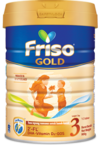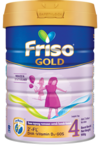Recognising the Signs and Causes of Indigestion in Children
Indigestion happens to the best of us, and even more so to sensitive y.... read more

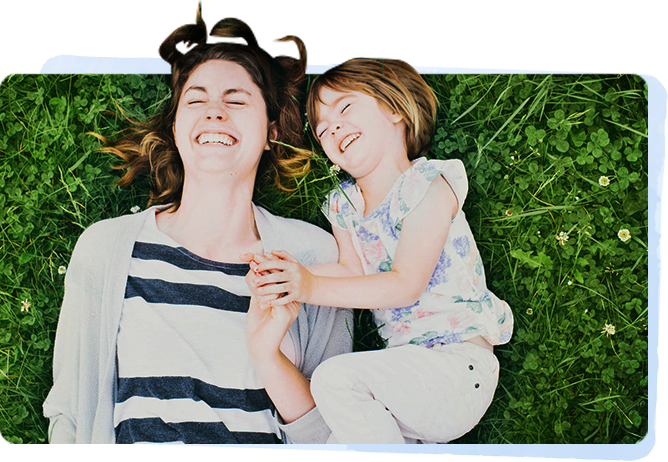
With a love for adventure and desire to spend time with their loved ones in a gezellig setting5, Dutch people spend much of their time outdoors. In fact, they are so comfortable with staying outdoors that there are more than a thousand campsites in the Netherlands!6 Children who play outside often tend to be physically healthier with better motor development and lower obesity rates10, 11. The outdoors also provide plenty of opportunities for sensory engagement as children will naturally utilise all five of their senses while playing. In the long run, this helps improve their ability to process sensory stimulation12. Indoor play typically comes with many restrictions due to the child being surrounded by furniture or other objects that they may hurt themselves on, but outdoors in an open park, children can play harder and have the freedom of running, jumping or skipping as they please — with parental supervision, of course. Additionally, outdoor family time allows your child to absorb vitamin D which is essential for healthy growth10,12. Nature also has a particularly calming effect, with research showing that when children and adults were allowed to spend more time in natural settings, they tended to be less aggressive and showed less negative behaviour with an improvement in impulse control10. So if you’re looking to raise a happier child, here’s how you do it — send them outdoors more often!
Apart from the many physical, mental and social benefits of outdoor play7,8, there are also plenty of ways parents and kids can grow, just by being outdoors. Coming into contact with the boundless realms of nature can encourage kids to explore courageously while learning more about the world around them, and inspire parents with new discoveries as you nurture your child’s learning process by responding to the many questions they are sure to have. You don’t even have to travel too far to get in touch with nature. Simply taking your child out to the nearest kid-friendly park, a botanical garden or nature reserve if they’re older will do wonders for their mood and yours. Activities such as camping, picnics, nature park outings and regular walks outdoors with the family will provide plenty of opportunities to bond with your child and instil a love for nature in them from a young age.
Free, unstructured playtime is pencilled into the schedule, and that’s that! Whether it’s cycling in the park or hanging out at a playground, playtime is independent — kids can figure out how to entertain themselves. Without parents planning everything out for them, kids get creative and collaborative during playtime, picking up teamwork, problem solving and even negotiation skills!9 Parents also get to socialise with other parents, discover more about their children as they play in their natural element and perhaps even develop their own passions in the process! Independent play can happen within the comfort of home, but if you’re looking for other venues where your child can play independently in safety, you have plenty of other options. Local playgrounds and parks are fantastic spots for kids to run, swing, and make friends outdoors. If the weather isn't cooperating, indoor play areas offer a safe, all-weather haven for active fun. Here’s a parenting tip: organise playdates with other parents in familiar surroundings to ensure easy access to both social interactions and supervision. These choices not only help children develop social and physical skills but also let parents encourage their children to take initiative, all while ensuring they're safe, happy, and having a great time.
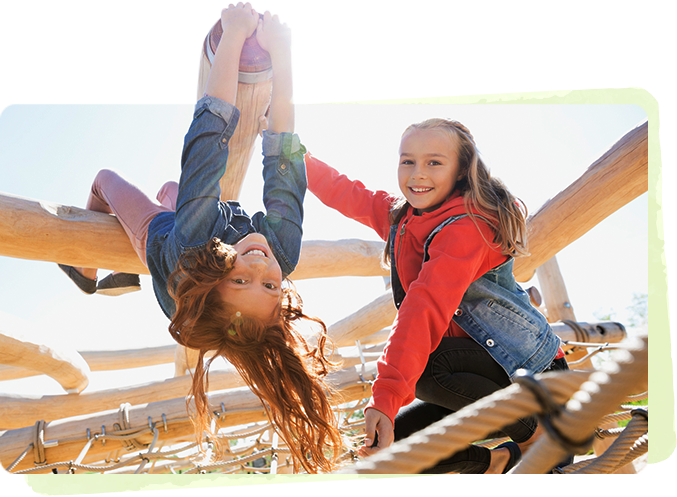
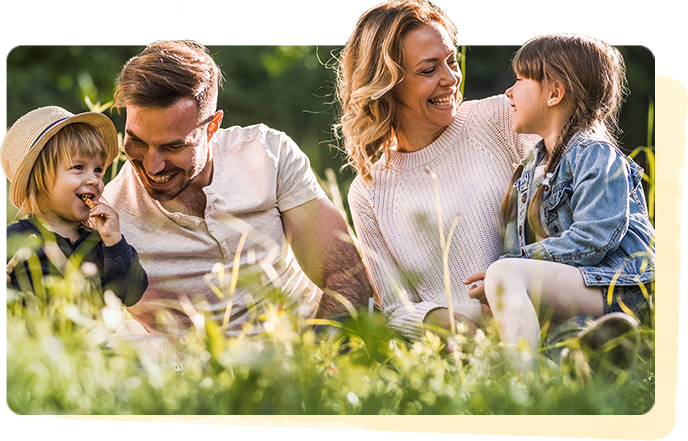
It isn’t just about playtime — Dutch parents let kids take the lead in learning10, and this sometimes leads to new areas of growth for the adults too! Driven by the kid’s curiosity and creativity, Dutch families make discoveries beyond what the parents can plan for, creating opportunities for two-way growth, and shared moments to treasure.
Child-led learning isn’t just fun for the child, it can provide plenty of educational and developmental benefits as well. Children tend to be more engaged in a learning activity if the activity comes from their own ideas and is meaningful to them13. Approaching learning from a child’s perspective allows them to exercise their creativity and imagination and shows them that their ideas are respected which will help them build confidence13. With some gentle suggestions from parents, the child will discover how to challenge and clarify the way they think. Alternatively, if child-led learning is done in a group such as with a playdate with several other children, child-led learning can cater to each child’s individual personalities and promote a sense of belonging which will help with developing their interaction skills.
While these Dutch parenting tips on how to raise a healthy and happy child are simple enough, applying them within Malaysian families is a journey that begins with recognising the uniqueness of each child and respecting their autonomy. It involves acknowledging that a child's perspective and understanding of the world differ from that of an adult.
When it comes to fostering independence and growth, the biggest parenting tip is to not to do everything for them even though it may be tempting to swoop in and help your child immediately; instead, we should allow children to figure things out on their own in certain situations. Parents need to allow their children the space to explore and learn from their own experiences, empowering them to develop problem-solving skills and confidence. Ensuring age-appropriate responsibilities and activities prevent frustration and nurture a positive attitude towards learning.
With that said, we must provide our children with the necessary tools, guidance, and nutrition in order for them to fully enjoy a happy, healthy childhood. As children are always on the go and their young immune systems aren’t as strong yet, do ensure they get all the nutrients they need to help keep their energy levels up and strengthen their immune system from within. One way you can do this is by supplementing their diet with a trustworthy milk formula like Friso® Gold.
Children aged 1 to 3 years old will benefit from Friso® Gold Step 3 while children aged 4 years and above can supplement their meals with Friso® Gold Step 4. Made with milk and processed only once with LocNutri™ Technology to preserve more than 90% of nutrients, Friso® Gold combines the magical goodness of nature with science to bring you easy to digest milk with more than 50 essential nutrients to help your child grow stronger from the inside. Friso® Gold now with NOVAS™ Signature Milk with naturally small molecules and soft structure, has no added sucrose or flavour for easy digestion so your child can be stronger inside. It is incredibly important for your child to have good digestion not only for their comfort but to also prepare them for a healthier, happier future. Keen on trying it out? You may request a sample: Try a free 1-day trial pack or get 50% off for 6 days-trial pack now!
References:

